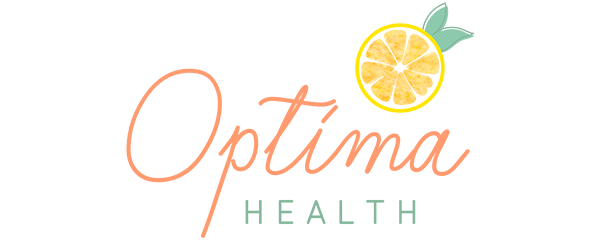When it comes to nutrition, there are many people willing to give their 10 cents worth. There is a minefield of what seem like authoritative sources out there, however, in a unregulated industry, many of us are left wondering who can we trust to get our health and nutrition advice from?
In a world where we are heavily influenced by social media and personal opinion, our actions can easily be swayed by what we see others doing, without giving much thought into whether said action is best fit for us individually.
One article released this week in the Daily Mail has outlined a study done by the University of Glasgow which concluded that social media ‘influencers’ give bad diet and fitness advice 8 times out of 9. The study was made up of supposed wellness ‘experts’ with 80 000+ followers and stated that these influencers failed to provide any evidence to support their claims. This, to me, is worrying.
The health and wellness space is getting increasingly crowded with ‘influencers’ who are monetising health advice when they have little or no background knowledge or understanding in the area. Often, their ‘advice’ or ‘influence’ stems from their own personal journey, which is all well and good, but health is so individualistic, that what works for one person, will not necessarily work for another.
I am all for sharing health journeys and there are some people out there who have built entire platforms in which they leverage real and often meaningful advice. This is great. However, it is my thought that if influencers wish to ‘influence’ in the health and wellness field, then they are best to team up with a professional and take a collaborate approach to ensure that proper, evidence-based research and methods are given out. Remember, this is people’s physical and emotional health and wellbeing that are being influenced, we cannot afford to go wrong!

So, who can you trust to get personalised nutrition advice in Australia?
Nutritionist (ANutr & RNutr)
A nutritionist will usually have completed at minimum a 3-4 year tertiary qualification in nutrition, food science and/or public health. The main role as a nutritionist is to share scientific and evidence-based health information and advice relating to the impacts of food and nutrition on the health and wellbeing of individuals. Associate Nutritionists (ANutr) are usually recent graduates and require 3 years full time experience before they are eligible to apply for registration as a Registered Nutritionist (RNutr).
Nutritionists have expertise in a range of areas and can work in a variety of settings such as research, clinical settings, public health roles, health promotion, community development roles, food science and technology, media, corporate facilities and more.
Dietitian
In Australia, Dietitians have generally undertaken a 2-year Masters course on top their undergraduate qualification. According to the Dietitians Association of Australia (DAA) a dietitian is ‘someone who has undertaken a course of study that included substantial theory and supervised and assessed professional practice in clinical nutrition, medical nutrition therapy and food service management’.
By current Australian law, anyone can call themselves a nutritionist, regardless of the study they have done – there is no protection of the term. Dietitian’s can call themselves a nutritionist, whilst nutritionists are not necessarily dietitian’s and this can be confusing in the public domain. The key is to finding out whether they are a registered professional and what experience they have and what study they have completed.
When it comes to acquiring knowledge, there are multiple pathways in which one can take. However, knowledge, in particular in health and wellness, is both theory and practice. You need a thorough understanding of theory, but you also need to know how to effectively apply it. Hence, in most cases, it is practitioners who work in the field day-in, day-out, who should be trusted most as they both have a deep understanding of the theory as well as having much experience in applying it to many different situations. Continuing professional development is also very important in health and wellness as there is always new information being released. Without staying up to date with studies, advice and knowledge can become dated and and ill-informed.
Everyone has their place in society, but it is important that you get your information from the correct source. For example, if I developed an illness and needed a prescription, I would visit my GP. If my eyes were weakening, I would see an optometrist. If my feet were problematic, a podiatrist. I urge you to take the time in choosing your pathway. Ask questions. Be cautious.
For me it is of the utmost importance that I seek out evidence-based information and use this to ground my approach to the health plans of all my clients. I have a spent a considerable amount of years studying my craft and am committed to being a life-long learner to bring you all the latest health information.
